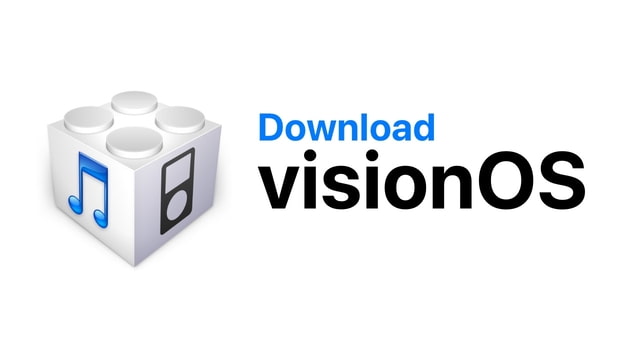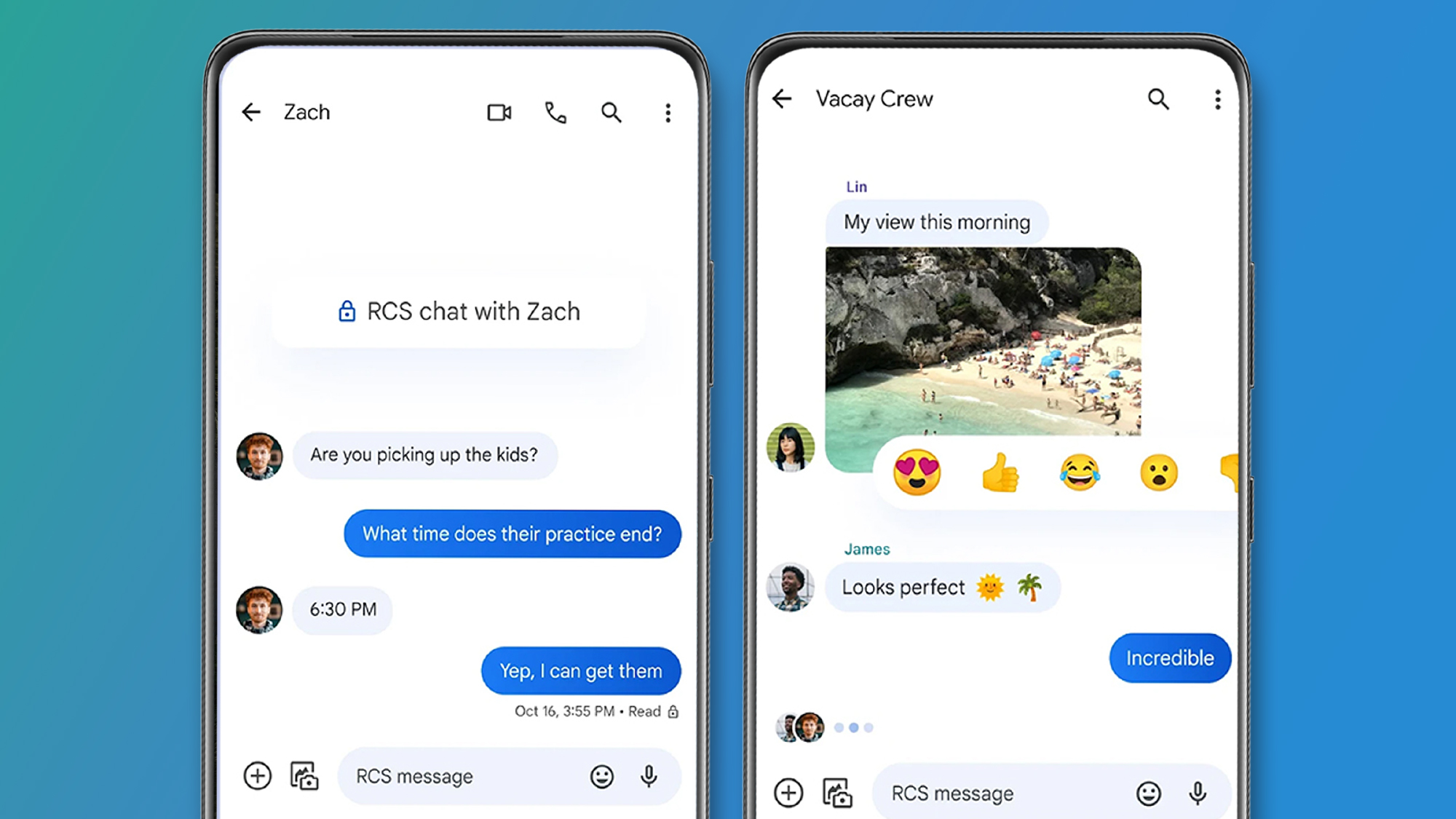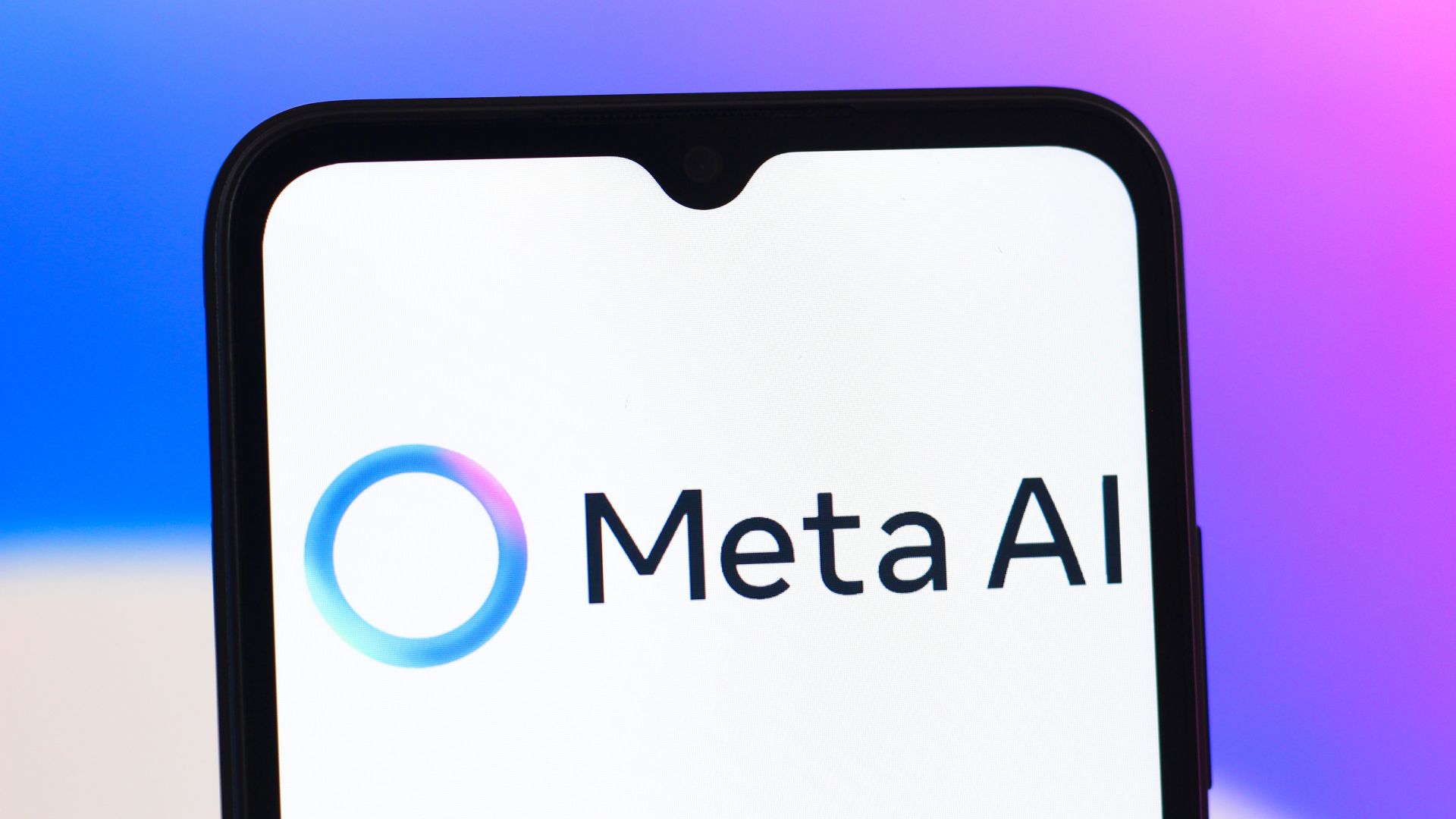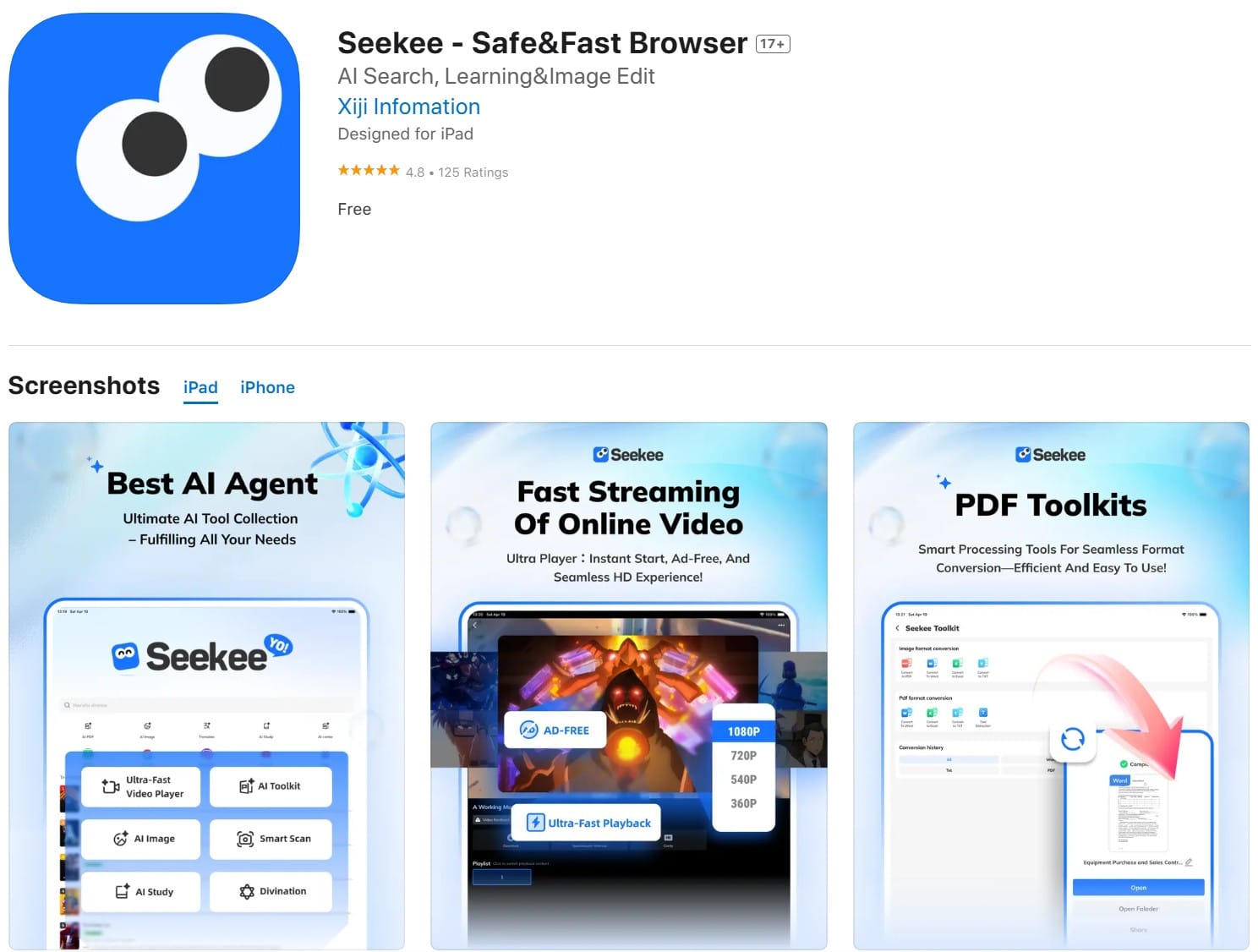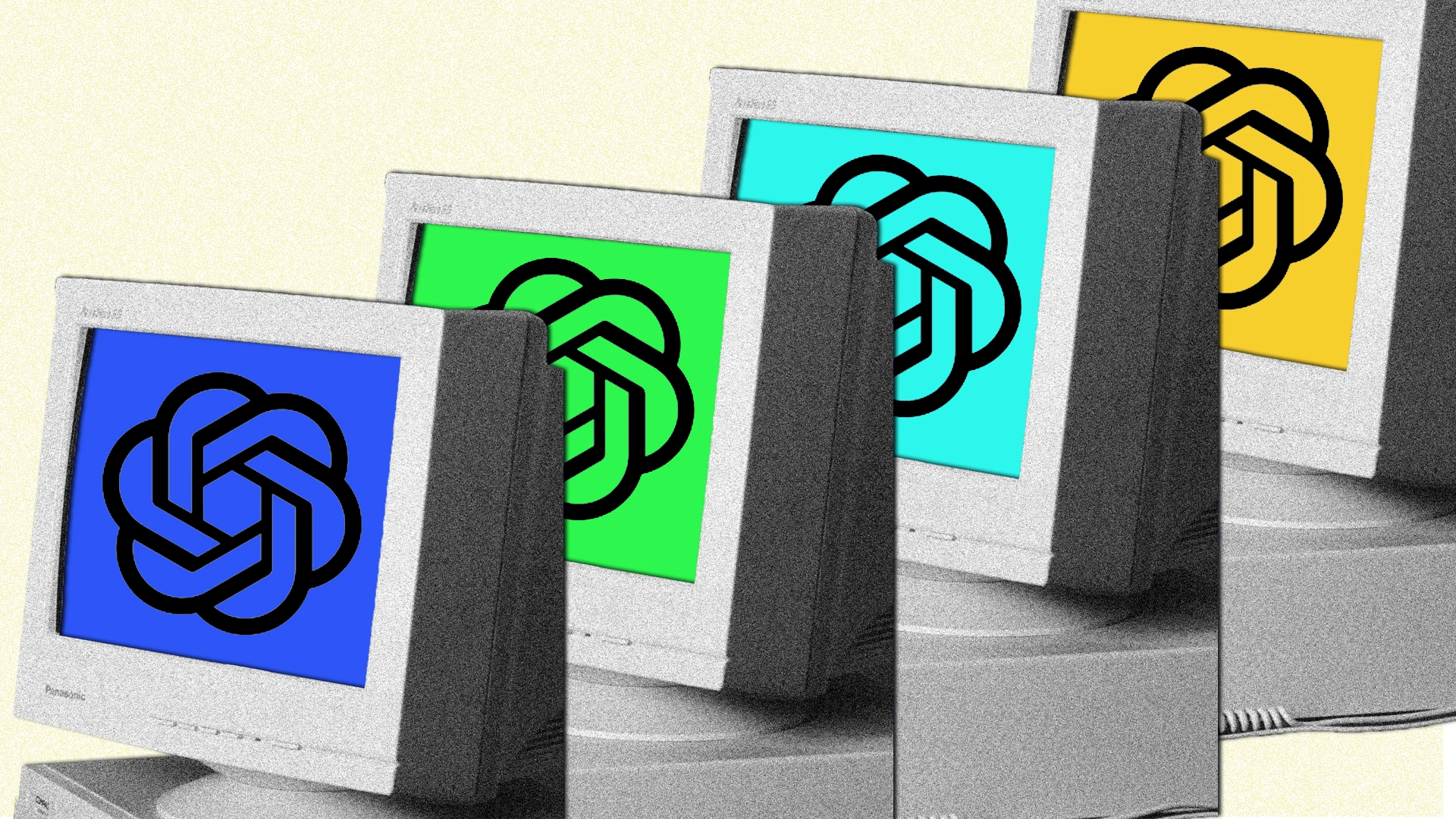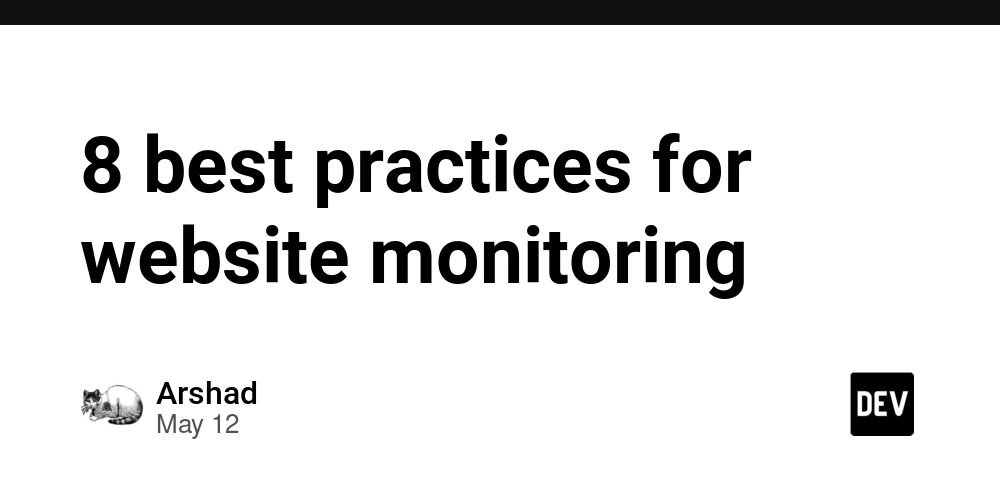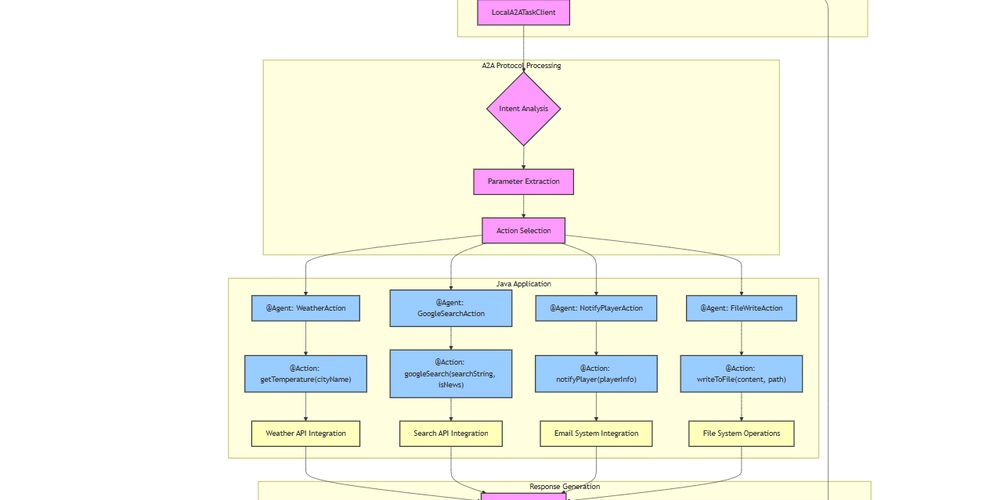What is OkHttp? Exploring Open Source Funding, Licensing, and Community Engagement
Abstract This post dives into the evolution of OkHttp––a widely used Java HTTP client––focusing on its open source business model, funding strategies, licensing under Apache 2.0, and strong community engagement. We discuss key concepts and features, explore practical applications, analyze challenges, and forecast future trends in open source sustainability. In doing so, we compare OkHttp’s model with emerging tokenized and decentralized funding approaches. Along the way, we include references to authoritative resources (such as Square’s OkHttp GitHub repository and the official OkHttp website), as well as insightful discussions from various developer communities. Introduction OkHttp is not just an HTTP client library; it is a showcase of open source excellence. Developed by Square in 2013, OkHttp has evolved into a critical component for Java and Android developers. This blog post explains how OkHttp’s business model—based on corporate sponsorship, comprehensive licensing, and active community involvement—drives its innovation and sustainability. We will also discuss how emerging funding models such as tokenized funding and blockchain-based incentives can complement traditional approaches. Background and Context OkHttp was created to simplify complex HTTP communications on Java and Android platforms. Today, it is widely recognized for its performance optimization, reliability, and ease of integration. The journey of OkHttp highlights several core aspects: History: Launched under Square’s stewardship, OkHttp was developed in response to the need for a powerful HTTP client that could handle both simple and complex network interactions. Ecosystem: Over the years, a robust ecosystem of developers, contributors, and corporate sponsors has grown around OkHttp. This community has continuously enhanced the software, resulting in regular updates, bug fixes, and innovative features. Licensing: OkHttp is released under the Apache 2.0 license, a clear and permissive framework that encourages both open source contributions and commercial usage. Square’s backing has ensured that OkHttp remains a textbook example of how to balance corporate interests with open collaboration. For a thorough overview of its funding model and community management, check out the Original Article. Core Concepts and Features OkHttp’s strength lies in several overlapping core concepts. Below is a discussion of these key areas: 1. Corporate Sponsorship and Direct Funding Square’s sustained financial backing has been instrumental in helping OkHttp grow. By investing in critical updates and staying ahead of technological trends, Square simultaneously improves its own development tools and bolsters community trust. Key Points: Relentless funding through corporate sponsorship. A roadmap that balances innovation with stability. Access to internal resources that speed up development cycles. 2. Community-Driven Collaboration OkHttp leverages contributions from an active and global developer community. This has led to continuous performance optimizations, extensive documentation, and quick bug fixes. Bullet List of Community Contributions: Pull requests for new features and improvements. Detailed bug reports and security audits. Tutorials and API references published on blogs and forums. This collaborative spirit has not only enhanced the technical resilience of OkHttp but has also shaped its evolution to meet users’ needs. 3. Apache 2.0 Licensing The Apache 2.0 license plays a crucial role in OkHttp’s widespread adoption. Its benefits include: Benefit Description Legal Certainty Provides clear legal protection for contributors and commercial users. Commercial Usage Enables companies to integrate OkHttp into proprietary software without open-sourcing modifications. Community Trust Signals a commitment to transparency and collaborative development. By combining a permissive licensing model with strong corporate sponsorship and community input, OkHttp has set a benchmark in open source sustainability. 4. Comparison with Emerging Tokenized Funding OkHttp’s funding model contrasts with emerging token-based approaches. While tokenized funding leverages blockchain technology for decentralized and micro-investment-based support, OkHttp’s model remains rooted in traditional corporate sponsorship. Comparison Highlights: Stability vs. Innovation: Corporate funding offers stability and predictable streams, while tokenized approaches invite broader participation. Legal and Regulatory Framework: Established models like OkHttp’s benefit from clear legal foundations, whereas token-based funding navigates a more fluid regulatory environment. Community Benefits: Both methods aim to reward community contributions, but with different mechanisms—for example, digital tokens in decentralized funding versus direct corporate resources in tr
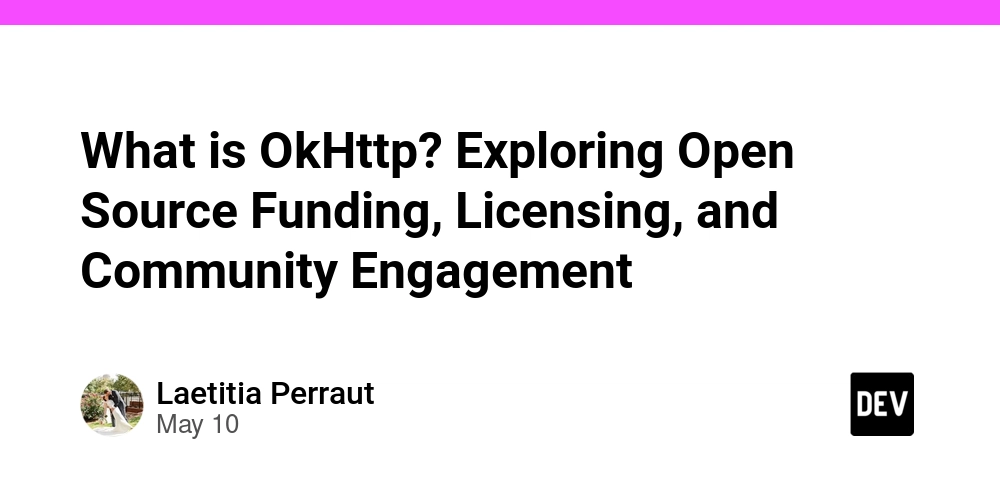
Abstract
This post dives into the evolution of OkHttp––a widely used Java HTTP client––focusing on its open source business model, funding strategies, licensing under Apache 2.0, and strong community engagement. We discuss key concepts and features, explore practical applications, analyze challenges, and forecast future trends in open source sustainability. In doing so, we compare OkHttp’s model with emerging tokenized and decentralized funding approaches. Along the way, we include references to authoritative resources (such as Square’s OkHttp GitHub repository and the official OkHttp website), as well as insightful discussions from various developer communities.
Introduction
OkHttp is not just an HTTP client library; it is a showcase of open source excellence. Developed by Square in 2013, OkHttp has evolved into a critical component for Java and Android developers. This blog post explains how OkHttp’s business model—based on corporate sponsorship, comprehensive licensing, and active community involvement—drives its innovation and sustainability. We will also discuss how emerging funding models such as tokenized funding and blockchain-based incentives can complement traditional approaches.
Background and Context
OkHttp was created to simplify complex HTTP communications on Java and Android platforms. Today, it is widely recognized for its performance optimization, reliability, and ease of integration. The journey of OkHttp highlights several core aspects:
- History: Launched under Square’s stewardship, OkHttp was developed in response to the need for a powerful HTTP client that could handle both simple and complex network interactions.
- Ecosystem: Over the years, a robust ecosystem of developers, contributors, and corporate sponsors has grown around OkHttp. This community has continuously enhanced the software, resulting in regular updates, bug fixes, and innovative features.
- Licensing: OkHttp is released under the Apache 2.0 license, a clear and permissive framework that encourages both open source contributions and commercial usage.
Square’s backing has ensured that OkHttp remains a textbook example of how to balance corporate interests with open collaboration. For a thorough overview of its funding model and community management, check out the Original Article.
Core Concepts and Features
OkHttp’s strength lies in several overlapping core concepts. Below is a discussion of these key areas:
1. Corporate Sponsorship and Direct Funding
Square’s sustained financial backing has been instrumental in helping OkHttp grow. By investing in critical updates and staying ahead of technological trends, Square simultaneously improves its own development tools and bolsters community trust.
-
Key Points:
- Relentless funding through corporate sponsorship.
- A roadmap that balances innovation with stability.
- Access to internal resources that speed up development cycles.
2. Community-Driven Collaboration
OkHttp leverages contributions from an active and global developer community. This has led to continuous performance optimizations, extensive documentation, and quick bug fixes.
Bullet List of Community Contributions:
- Pull requests for new features and improvements.
- Detailed bug reports and security audits.
- Tutorials and API references published on blogs and forums.
This collaborative spirit has not only enhanced the technical resilience of OkHttp but has also shaped its evolution to meet users’ needs.
3. Apache 2.0 Licensing
The Apache 2.0 license plays a crucial role in OkHttp’s widespread adoption. Its benefits include:
| Benefit | Description |
|---|---|
| Legal Certainty | Provides clear legal protection for contributors and commercial users. |
| Commercial Usage | Enables companies to integrate OkHttp into proprietary software without open-sourcing modifications. |
| Community Trust | Signals a commitment to transparency and collaborative development. |
By combining a permissive licensing model with strong corporate sponsorship and community input, OkHttp has set a benchmark in open source sustainability.
4. Comparison with Emerging Tokenized Funding
OkHttp’s funding model contrasts with emerging token-based approaches. While tokenized funding leverages blockchain technology for decentralized and micro-investment-based support, OkHttp’s model remains rooted in traditional corporate sponsorship.
Comparison Highlights:
- Stability vs. Innovation: Corporate funding offers stability and predictable streams, while tokenized approaches invite broader participation.
- Legal and Regulatory Framework: Established models like OkHttp’s benefit from clear legal foundations, whereas token-based funding navigates a more fluid regulatory environment.
- Community Benefits: Both methods aim to reward community contributions, but with different mechanisms—for example, digital tokens in decentralized funding versus direct corporate resources in traditional models.
For additional insights on decentralized open source funding, consider exploring discussions on license-token revolutionizing OSS license distribution and bridging the gap in OSS funding.
Applications and Use Cases
OkHttp’s design lends itself to various applications across Java and Android ecosystems. Its efficient handling of network operations makes it a popular choice for developers working on critical projects. Here are a few practical examples:
Android Application Development:
OkHttp is integrated into many Android apps for managing HTTP requests effectively. For instance, apps that require secure data exchange between a mobile device and a backend server benefit from OkHttp’s speed and reliability.Enterprise Backend Systems:
Large corporations use OkHttp within their internal microservices communication. The stability and continuous support provided through Square’s funding make it a reliable component for enterprise-scale solutions.Comparative Projects in Blockchain Integration:
Some innovative projects explore the synergy between open source technology and blockchain funding models. Developers have begun to draw parallels between OkHttp’s funding model and decentralized approaches, as discussed in posts like open source developer crowdfunding: a new era of sustainability.
These examples demonstrate that OkHttp is not just a library but a foundational tool that drives multiple facets of modern software development.
Challenges and Limitations
Despite its success, OkHttp—and similar open source projects—face their own set of challenges. Understanding these limitations is critical for future innovation.
Technical Challenges
- Performance Bottlenecks: As applications scale, even efficient libraries like OkHttp must continuously optimize for speed and reliability.
- Security Concerns: With an ever-growing user base, the risk of vulnerabilities increases. Although Square regularly updates the library, constant vigilance is required.
Adoption Challenges
- Resource Allocation: Projects driven by corporate funding must balance internal priorities with community requests. This dual focus sometimes leads to delays or conflicts in feature releases.
- Competition: In the vibrant open source ecosystem, new libraries and frameworks appear frequently. OkHttp must maintain its competitive edge by staying innovative and relevant.
Funding Model Limitations
- Dependence on a Single Corporate Sponsor: While corporate sponsorship has secured OkHttp’s progress, it can also create dependencies. The risk is somewhat mitigated by a thriving community, but diversification of funding sources remains a goal for many open source projects.
- Regulatory Uncertainty for Emerging Models: Modern tokenized funding approaches, though promising, often face challenges in regulatory compliance and practical implementation.
For a detailed discussion on alternatives and issues related to open source funding, check out open source project funding strategies.
Future Outlook and Innovations
Looking ahead, OkHttp’s model and similar projects are likely to continue evolving, influenced by multiple trends in software development and funding.
Continued Corporate Involvement and Community Empowerment
Square’s continued support, combined with active community contributions, keeps the momentum going. Here’s what we expect:
- Regular Feature Enhancements: Improved performance, security upgrades, and new integrations are expected as user requirements evolve.
- Enhanced Documentation and Educational Initiatives: There is a trend towards more collaborative and accessible documentation, making it easier for new developers to contribute and integrate the library.
Embracing Decentralized Funding Models
While OkHttp remains rooted in traditional funding strategies, lessons from tokenized and blockchain-based funding models could influence future iterations of open source projects:
- Hybrid Funding Models: Future funding may combine corporate sponsorship with decentralized mechanisms. A hybrid approach could distribute funding risks and rewards more equitably.
- Increased Use of Digital Tokens: Some communities are experimenting with digital tokens to recognize and reward contributions—a model that may eventually complement existing frameworks.
Innovations in Open Source Licensing
OkHttp’s use of the Apache 2.0 license is a pillar of its success. Future innovations may include:
- Dynamic Licensing Models: Exploring licenses that adjust dynamically to the needs of both contributors and commercial users.
- Enhanced Legal Clarity: As discussions around cyber defense and blockchain integration evolve (see arbitrum and open source license compatibility), new license models may offer even greater clarity and flexibility.
For further reading on how blockchain and open source can merge, refer to industry insights on open source developer compensation models and related topics discussed on platforms like Dev.to.
Summary
OkHttp stands as a prime example of how strategic corporate sponsorship, a permissive licensing framework, and active community engagement can drive the success of an open source project. This blog post reviewed:
Abstract & Introduction:
We introduced OkHttp’s role and significance in modern Java and Android development.Background and Context:
Outlined its history, ecosystem growth, and licensing under Apache 2.0.Core Concepts and Features:
Detailed key elements including corporate funding, community collaboration, benefits of Apache 2.0 licensing, and a comparison with emerging tokenized funding approaches.Applications and Use Cases:
Provided practical examples from mobile development, enterprise applications, and experimental blockchain integrations.Challenges and Limitations:
Analyzed technical performance, security and adoption issues, and risks of over-dependence on a single funding model.Future Outlook:
Predicted trends in hybrid funding models, continuous innovation in licensing, and enhanced community empowerment.
The continuing evolution of OkHttp demonstrates that a well-funded, legally sound, and community-driven project can not only endure but also lead in an increasingly competitive digital landscape.
Additional Resources and Recommended Links
To dive deeper into topics related to funding, open source licensing, and community engagement, check out the following links:
- OkHttp Square on License Token
- Square’s OkHttp GitHub Repository
- The Official OkHttp Website
- Square Corporate Information
- Apache 2.0 License Details
- Arbitrum and Open Source License Compatibility
- Open Source Developer Compensation Models
- License Token: Revolutionizing OSS License Distribution
- Open Source Project Funding Strategies
- License Token: Bridging the Gap in OSS Funding
Also, for perspectives from the developer community, consider these insightful Dev.to articles:
- Unveiling the wxWidgets License: A Deep Dive into Freedom, Fairness, and Flexibility
- Exploring Fragment Telegram Collectibles: The Future of Digital Ownership
- Open Source Developer Crowdfunding: A New Era of Sustainability
Concluding Thoughts
OkHttp’s journey is a testament to the power of collaborative innovation. With a strong emphasis on sustainable funding, legal transparency through the Apache 2.0 license, and a thriving global community, it has set new standards for open source projects. As we look to the future, integrating traditional corporate support with emerging decentralized and tokenized funding methods could further empower open source innovation.
Whether you are a developer, business strategist, or technology enthusiast, the story of OkHttp offers valuable lessons on leveraging funding, licensing, and community spirit to drive digital transformation. By continuously adapting and embracing innovative funding models, open source projects like OkHttp can inspire new generations of software solutions that are both robust and sustainable.
Embrace the synergy of corporate sponsorship and community collaboration — it is the engine of progress in the digital age.


































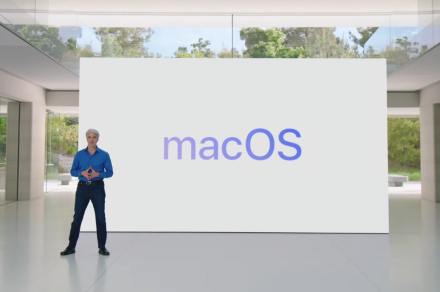



































































































































![[The AI Show Episode 145]: OpenAI Releases o3 and o4-mini, AI Is Causing “Quiet Layoffs,” Executive Order on Youth AI Education & GPT-4o’s Controversial Update](https://www.marketingaiinstitute.com/hubfs/ep%20145%20cover.png)





































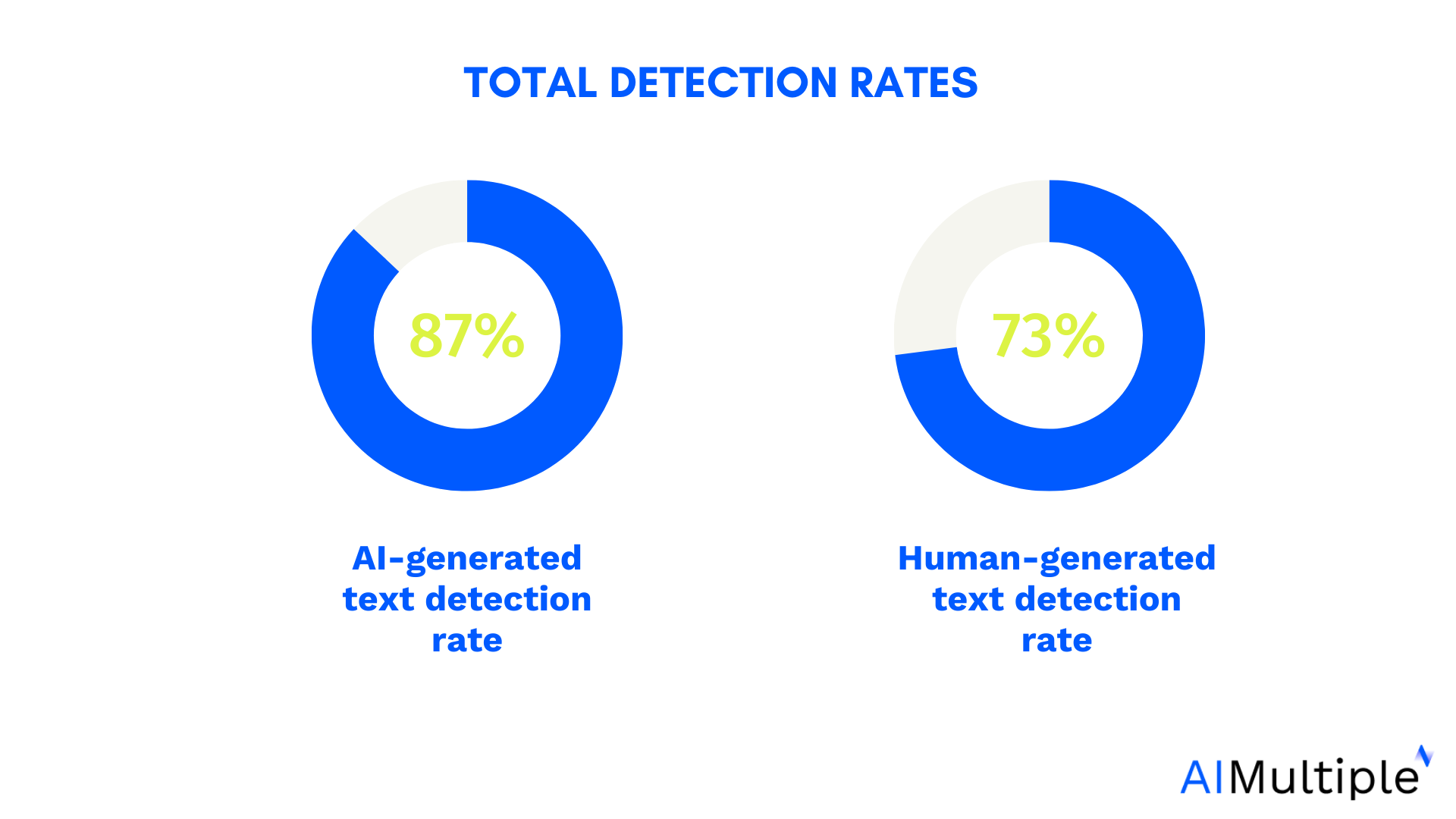

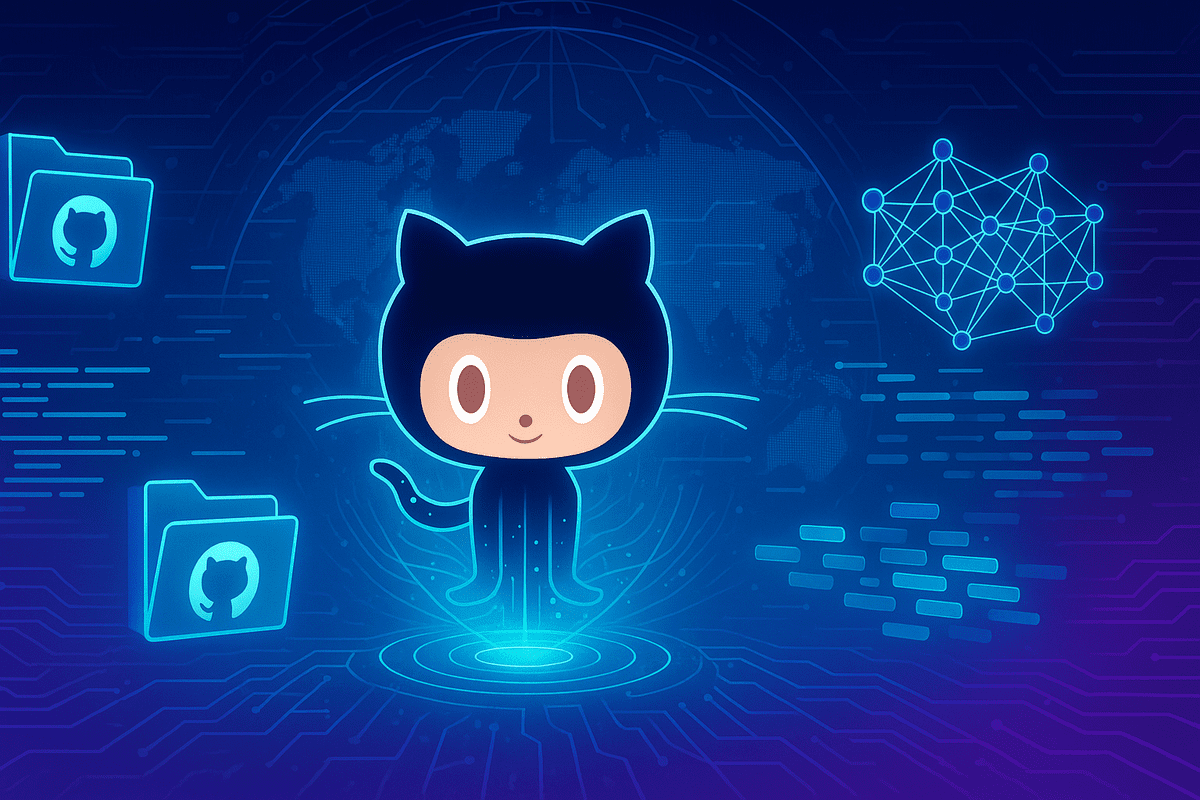


































































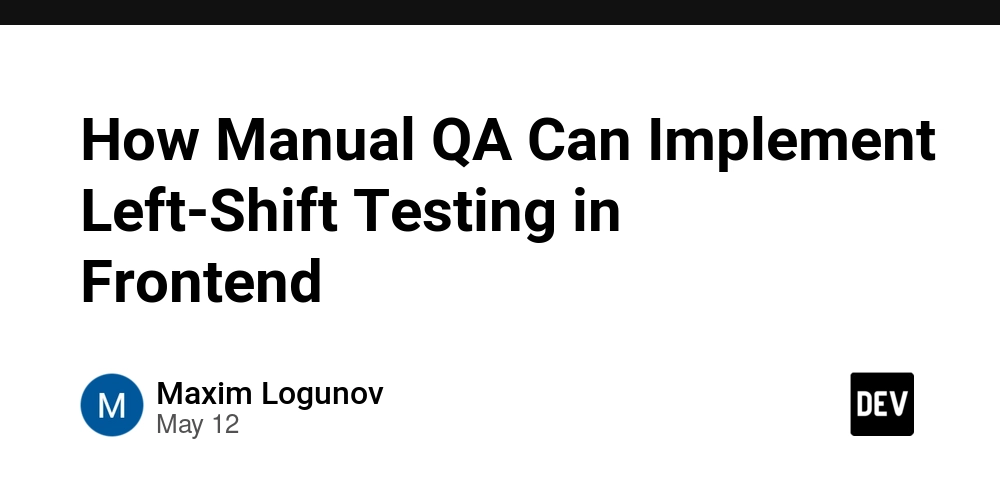
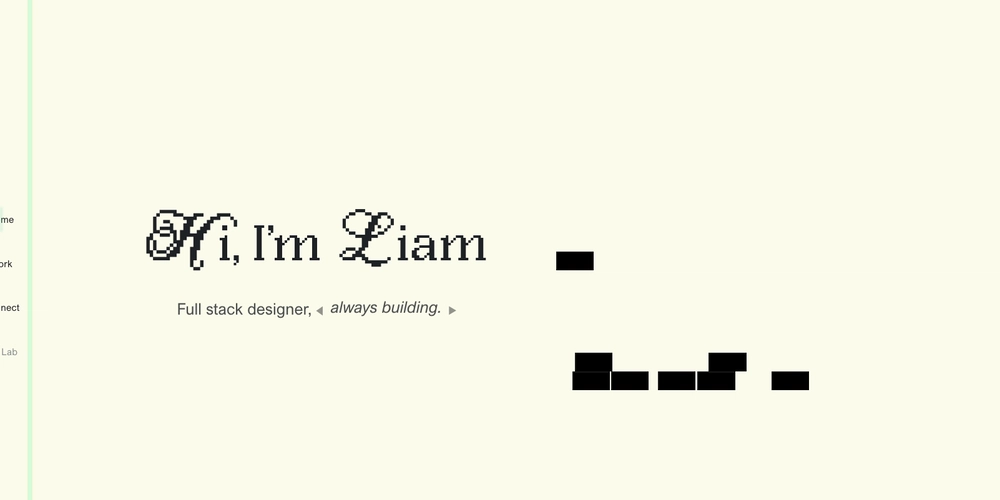
















![Ditching a Microsoft Job to Enter Startup Purgatory with Lonewolf Engineer Sam Crombie [Podcast #171]](https://cdn.hashnode.com/res/hashnode/image/upload/v1746753508177/0cd57f66-fdb0-4972-b285-1443a7db39fc.png?#)














































.jpg?#)






















































































_designer491_Alamy.jpg?width=1280&auto=webp&quality=80&disable=upscale#)













































































































![Apple Releases watchOS 11.5 for Apple Watch [Download]](https://www.iclarified.com/images/news/97304/97304/97304-640.jpg)
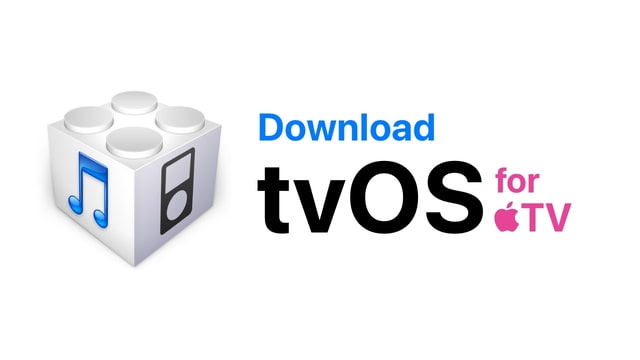
![Apple Releases tvOS 18.5 for Apple TV [Download]](https://www.iclarified.com/images/news/97307/97307/97307-640.jpg)
